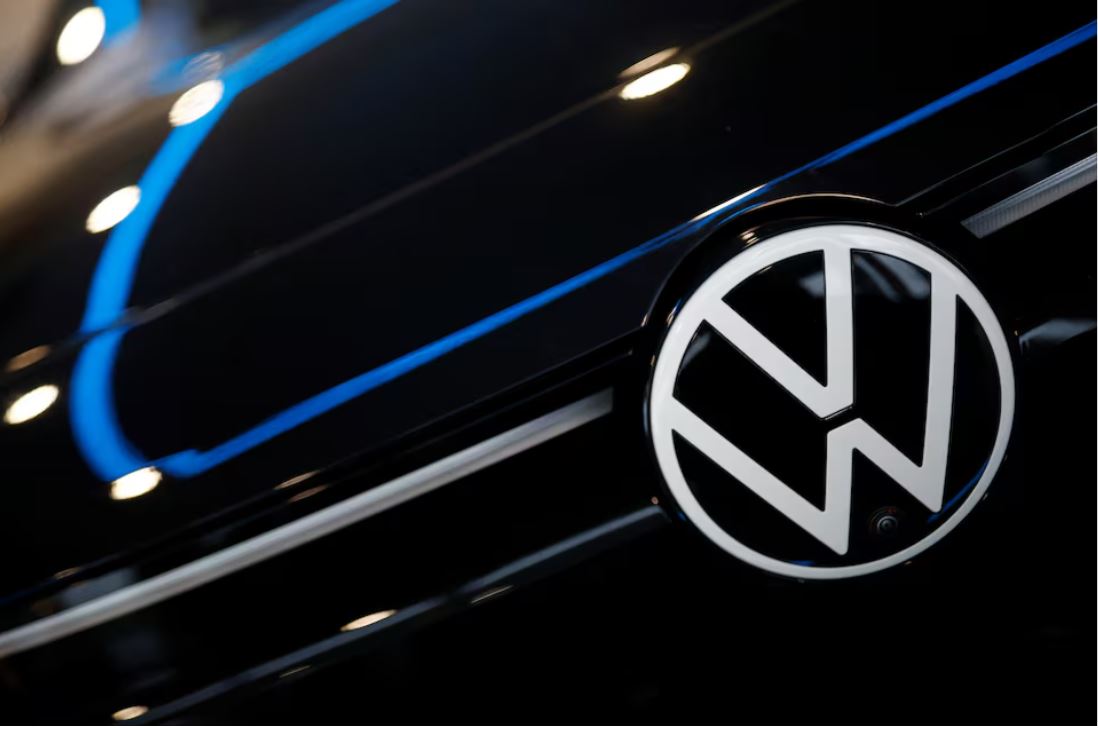Volkswagen employees will launch warning strikes on Monday at several plants across Germany, the IG Metall union announced, marking the first major walkouts at the carmaker’s domestic facilities since 2018.
The strikes escalate tensions between Volkswagen and its workforce as the company faces criticism over proposed layoffs, pay reductions, and potential plant closures. These measures, Volkswagen claims, are necessary to remain competitive against Chinese automakers and address cooling consumer demand in Europe.
The decision to strike follows a Nov. 22 vote by labour representatives after negotiations failed to produce an agreement on wages and plant operations. “If necessary, this will be the toughest collective bargaining battle Volkswagen has ever seen,” said IG Metall negotiator Thorsten Groeger.
Volkswagen emphasised its commitment to finding a resolution through dialogue. “Volkswagen respects the right of employees to take part in a warning strike,” a spokesperson stated, adding that the company has implemented measures to minimise disruption to customers.
Warning strikes in Germany typically last a few hours, but their intensity could increase if negotiations falter further. IG Metall had previously proposed cost-saving measures, including forgoing bonuses in 2025 and 2026, amounting to 1.5 billion euros (USD 1.6 billion). Volkswagen rejected the proposal, maintaining its demand for a 10% wage reduction.
The automaker has not ruled out closing plants in Germany — a move unprecedented in its 87-year history. “Volkswagen has set fire to our collective agreements, and instead of extinguishing the flames, the management board is adding fuel,” Groeger said.
An earlier agreement to avoid strikes expired on Saturday, allowing workers to take action starting Sunday. IG Metall confirmed warning strikes would occur at all German plants beginning Monday.
Union representatives and Volkswagen’s management are set to reconvene on Dec. 9 to continue negotiating a new labour agreement. IG Metall has vowed to resist any proposal that does not secure a long-term future for all Volkswagen plants in Germany.
The dispute comes as Volkswagen grapples with declining deliveries and falling profits, heightening the stakes for both sides in their bid to shape the company’s future.



